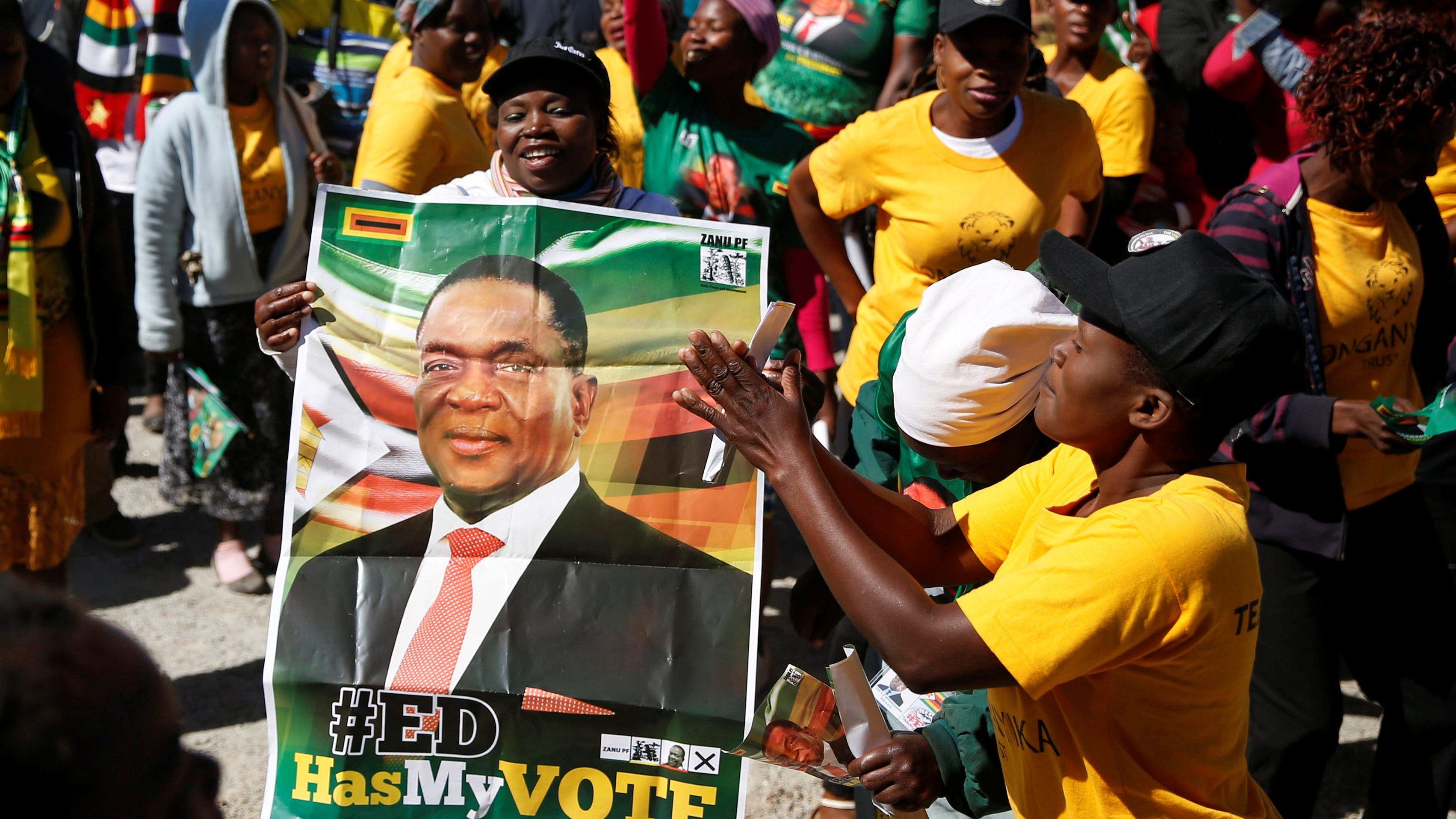By Tariro Shava
All roads this week will lead to Esigodini, Matabeleland South for the much awaited Zanu PF Annual People’s conference where the party will be meeting to strategise on the future of the party and reviewing its policies.
In the run-up to this conference, the party, in its all entirety, is not characterised by infighting and strife usually expressed in suspensions and counter-suspensions and a glut of disciplinary issues. Part of the reason is that the party reinvented itself after the departure of the former First Secretary Robert Mugabe and perennial factions were done away with.
However, the opposition political parties are in an overdrive publishing chimerical divisions within the ruling party with the aim of diverting the party and forcefully smuggle the agenda into play.
Actually, party organs such as the Women and Youth leagues are united and strong, departing from infighting or being proxies to some leadership struggles.
There has typically been guesswork that there would be such drama at this year’s conference as diverse interests sought to set the agenda for the indaba.
A key driver of the “fireworks” narrative by idle minds or Zanu PF detractors is the perception that there is always a tussle for leadership at the top. There have been noticeable attempts to pit the ruling party’s leaders against each other.
Regrettably, for those merchants of regime change agenda who want such drama — either because they want a bit of thrill to spice up their idle lazy days, or because they do not want to hear any positive news coming out of the ruling party — there is nothing to suggest that Zanu PF is weak and imploding.
In fact, at an organisational level, Zanu PF is probably stronger than it was a year ago. A number of factors are at play and rubber stamps that declaration.
Zanu PF won the July 2018 elections credibly, amassing more than two thirds parliamentary seats. The party did this on the back of well-built organisation and without the distraction of factionalism that would have otherwise destroyed the party had things not significantly changed thanks to Operation Restore Legacy.
The coming in President Mnangagwa at the helm of the party has brought about a new culture whereby secretaries seconded at the Headquarters run the show, ushering in a new era of administration.
The party has resolved to engage in a more professional conduct. To its credit, the party appears well-heeled as well, affording to pay its staff, including party heavy-weights seconded full-time to the headquarters and understood to be getting emoluments equivalent to those paid to senior Government officials.




